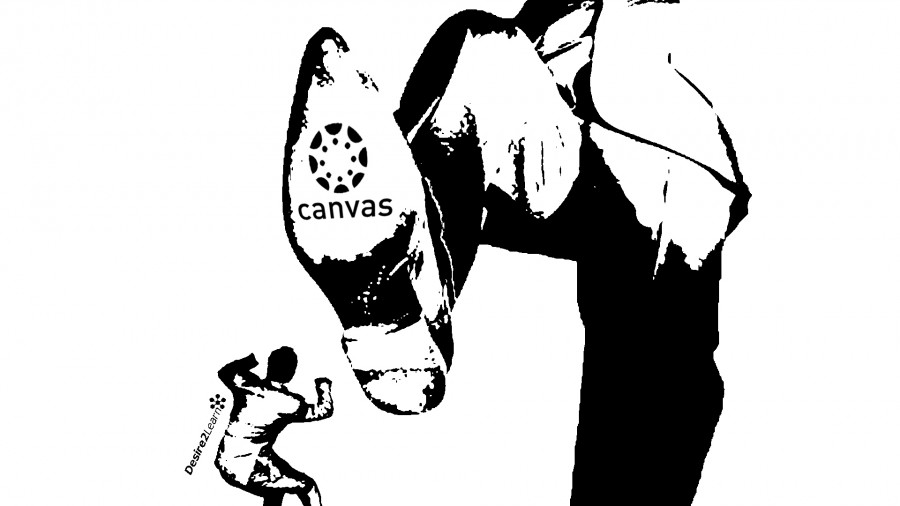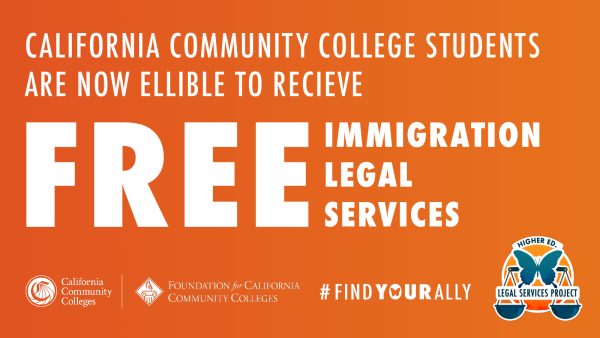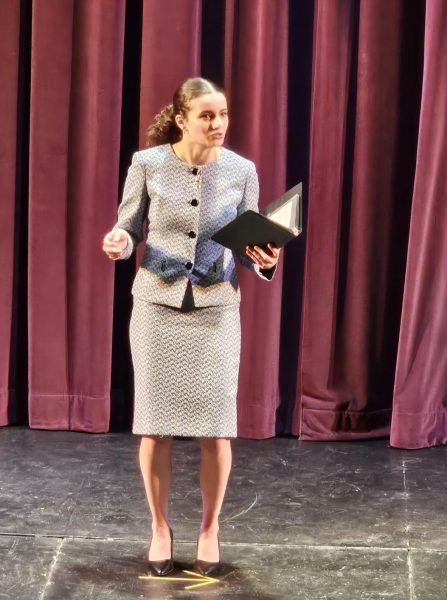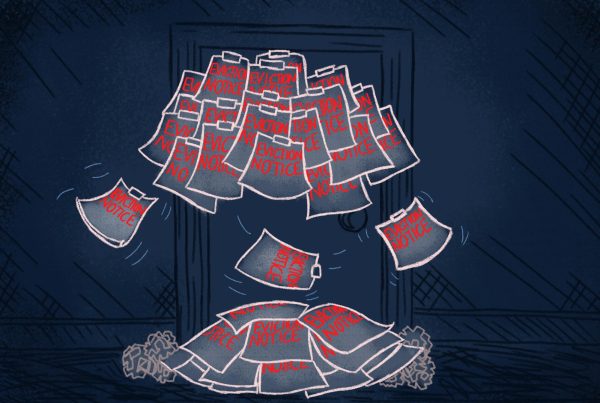Online courses start with a fresh Canvas
February 2, 2016
After weeks of debate and translating legalese, Diablo Valley College has voted to switch Internet Learning Services platforms from Desire2Learn to Canvas. The switch will become effective as of the Fall 2017 semester
By making the switch to Canvas, the college is projected to save approximately $400,000 over a ten year period. Further, several members of the faculty senate have praised Canvas as a superior platform.
There have been concerns among other instructors, however, regarding the usability of Canvas’ discussion boards and math interface. Holly Kresch, a representative for DVC’s math department, expressed concern over the usability of Canvas’ math interface in writing quizzes saying, “If I was writing math quizzes, I would look for some other way to do it.”
The President of DVC, Peter Garcia, has pledged to allocate a portion of the savings to funding supplemental programs. These will then be integrated with Canvas in order to improve usability and overall functionality.
The faculty senate expressed further concerns regarding intellectual property ownership of teachers’ curricula and textbooks they’ve authored, as well as the potential erosion of the school’s independence from the state.
By using Canvas, teachers grant them and the Online Education Initiative, a collaboration of several California Community Colleges funded by a $56 million dollar grant from the CCC Chancellor’s office, a level of rights to their intellectual property. This is necessary in order for Canvas to host teachers’ content online.
Initial communications with the Initiative’s legal representatives has resulted in their insistence that the rights they would hold are limited. However, definitive answers to the question of just what the extent of their rights are have not been answered. This generated unease, but these concerns have since been assuaged. Under the agreement, neither Canvas nor the Initiative would have any proprietary rights to professor’s intellectual property.
Another point of concern was, upon entering into the contract with Canvas, DVC would have virtually no hand in future negotiations. All negotiations with the Online Education Initiative and Canvas are handled exclusively by the state.
During one faculty senate meeting, Social Sciences representative Buzz Holt — while agreeing that Canvas was a highly effective program — made an impassioned plea for staff to be wary of stepping down a slippery slope towards ceding the school’s autonomy to the state.
“I see an ongoing trend to basically take away our local independence, the independence we have in our schools,” He went on to elaborate that the trend begins with state-mandated Student Learning Outcomes, and is now progressing into the adoption of a statewide course program in Canvas.
“Some of us are really scared of what we see with OEI… pretty soon we’re going to have state course outlines, we may have the state telling us which textbooks we can use, it may even be that there’s a state faculty committee that gets together and draws up the final exam.”
















































































